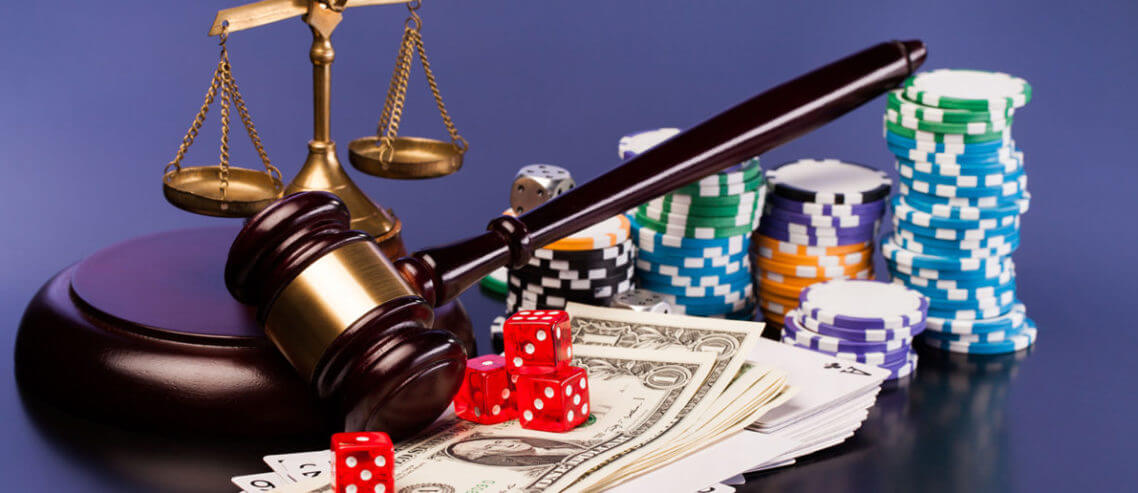Who Regulates Casinos

- Indian Casino Regulations
- New Jersey Casino Regulations
- Who Regulates Online Casinos
- Who Regulates Tribal Casinos
- Who Regulates Casinos In Ct
- Rival Online Casinos Usa Welcome
Indian Casino Regulations
Who Regulates Online Casinos? One of the biggest indicators for whether or not an online casino is safe and secure is whether or not they have a license with a regulating body, and what that regulating body is. Because there are so many online casinos available to players in Australia, it can be massively important to note the level of. Regulations of the Nevada Gaming Commission and Nevada Gaming Control Board. As Adopted July 1, 1959, and Current as of January 21, 2021. Miscellaneous Information. Document Containing All Regulations as of January 21, 2021. Table of Contents. Who regulates casinos in Arizona? Answer: A Class II facility is regulated by the tribe that owns it, with oversight by the National Indian Gaming Commission. ADG has no jurisdiction over Class II gaming facilities. All Class III casinos are regulated by both the Tribal Gaming Authority of the tribe that owns the casino and by ADG in accordance with the Arizona Tribal-State Gaming Compact (Compact). 18+ Full T&C's Apply New players Only. £10 Who Regulates Gambling In Florida min deposit. £5 max bet using bonus. 40 x wagering Who Regulates Gambling In Florida applies. Bonus valid for 14 days. 30 Spins on preselected games will be credited instantly + then 30 per day for 9 days.
One of the few areas of American life the federal government has largely left alone is gambling. But a quiet effort is under way to promote broad‐based federal intervention. In a few years there may be a whole new regulatory agency that will oversee gambling operations across America.
Gambling regulation has always been considered the province of state and local government. Historically, gambling has been frowned upon and generally prohibited. Nevada, of course, has been the exception. Over the last 25 years, however, many states have liberalized their rules on gambling. In the 1970s, Atlantic City, N.J., legalized gambling, and state lotteries became popular. More recently, a patchwork of states has allowed “river‐boat” gambling. The public has responded in droves.
Over the same period, Indian tribes began to operate casinos on their reservations. Because the reservations are governed pursuant to treaties with the federal government, state gambling laws do not apply. Indian casinos have thrived and have had to expand to meet consumer demand. That has created pressure on state lawmakers to open the casino business to everyone — not just the Indians. In short, there is probably more gambling in the United States today than ever before.

New Jersey Casino Regulations
Social conservatives have viewed the liberalization trend with alarm and would like to see a government crackdown. Dr. James Dobson, founder and president of Focus on the Family, has argued that legalized gambling leads to addiction, bankruptcy, family breakdown and homelessness. Ralph Reed, former executive director of the Christian Coalition, maintains that “alcoholism, theft, organized crime, suicide, divorce and unemployment follow gambling wherever it appears.” Powerful groups of social conservatives have joined with the National Council of Churches to open a fully staffed lobbying operation in Washington to fight against the “scourge” of legalized gambling.
Who Regulates Online Casinos
Federal gambling regulation would be the antithesis of respect for the 10th Amendment and of individual choice about how to spend one’s own money.
That lobbying effort has already paid off. In 1995 the Republican‐controlled Congress created the National Gambling Impact Study Commission. That commission is now touring the country to study the “impact” that gambling is having on communities. In June 1999 the commission will complete its work and issue a report to the president and Congress. It is not difficult to see how all of this is going to play out. The fact‐finding commission will generate a fair amount of media coverage over the next 18 months on the “negative” effects of gambling. Such news stories will lay the groundwork for a legislative “solution” to the various problems. The commission’s final report will doubtless recommend “comprehensive” federal regulation so that there will be “uniform” rules throughout the United States. After the media fanfare that will accompany the issuance of that report, anti‐gambling politicians will seize the moment and try to ram a federal bill through Congress.
The call for federal intervention should be resisted for several reasons. First and foremost, the Constitution does not authorize the federal government to involve itself in gambling. In the landmark case of Maybury vs. Madison, Chief Justice John Marshall observed that the powers of Congress “are defined and limited.” A cursory examination of the Constitution by any educated person would show that the powers of Congress are spelled out explicitly in Article I, section 8. The 10th Amendment was later added to make it clear that the powers not delegated to the federal government were to be “reserved to the states.”
Who Regulates Tribal Casinos
Second, citizens in a free society should be able to spend their money on whatever peaceful pursuits they fancy. Thomas Jefferson defended state lotteries as a means of raising revenue because lotteries, unlike taxes, involve only willing participants. Jefferson thought everyone had a “natural right” to pursue whatever type of peaceful human endeavor brought him happiness. Some citizens, to be sure, may be profligate spenders; others may be miserly; most, of course, fall somewhere in between. By what right does the government (even the state of local government) declare those individuals who wish to spend their money in a casino criminals? Why is spending money in a casino any different from spending money in a tavern or a sports arena or at a political fund‐raiser? And why should those who gamble “responsibly” be punished simply because some choose to gamble “irresponsibly”?
Who Regulates Casinos In Ct
It is, of course, sad to see someone foolishly risking essential income on a game of chance, but it is also sad to see people pouring money into eccentric hobbies or the coffers of politicians or handing essential income over to the cults and shady televangelists. The government of a free society must trust the people to learn from their mistakes. Excessive gambling is an ethical problem that should be dealt with by individual choice, not government coercion. Criminal prohibition is not (and never was) the answer.
Rival Online Casinos Usa Welcome
Federal gambling regulation would be the antithesis of respect for the 10th Amendment and of individual choice about how to spend one’s own money. Will the Republican Congress respect the Constitution and resist the impulse to meddle? The odds are about even.